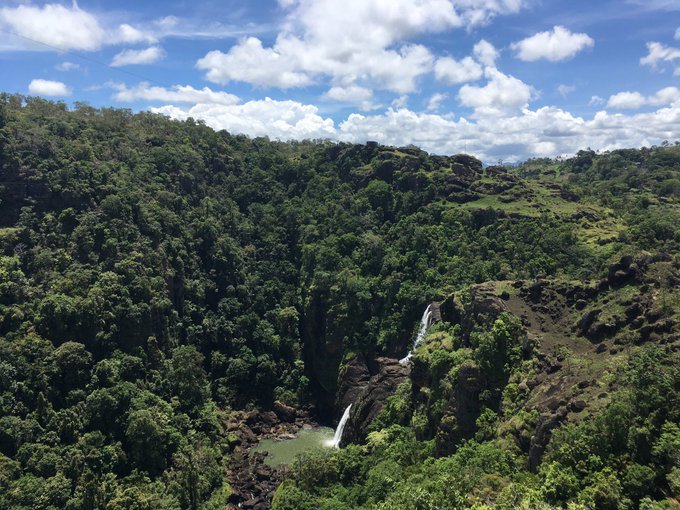The government of Papua New Guinea (PNG), suspended new voluntary carbon credit projects while making new rules to govern them.
PNG decided to develop a stronger legal framework governing voluntary carbon credit deals. These carbon credit schemes are arrangements made between developers and resource owners directly. Government is not part of the negotiation.
While PNG is creating new laws, the environment ministry, Wera Mori, set a moratorium on new carbon deals. This action was due to red flags raised over a new carbon credit deal in the Oro province.
The temporary ban covers all the new carbon deals. The ministry said that this is “… To ensure proper stock take and audit of existing voluntary carbon projects.”
Why PNG Bans Voluntary Carbon Credit Deals
The moratorium came after an industry watchdog, got the government’s attention. The group faulted the 100-year carbon credit scheme in Oro province, citing a lack of key details.
They also called on Verra, a global certifying body for voluntary carbon standards, to reject the Oro deal.
In response, the PNG government banned the deal and other new carbon credit schemes in the meantime. But once the new regulations are in place, the voluntary carbon market in the country will be open again.
Though the suspension will impact the carbon credit market big time, it’s a must. In fact, the Oro province governor, Gary Juffa, said that it’s well overdue.
Juffa noted that this has been the case for far too long already. The so-called “carbon cowboys” have been collecting big profits from carbon credit deals. But they are giving the forest stewards and caretakers in the province very little.
The coalition of other concerned society groups is also pressuring the government to have strict rules regulating the market. They said that there are already voluntary carbon projects in every part of PNG.
Without the safeguards like free, prior, and informed consent (FPIC), the market will take advantage of the native landowners.
FPIC is a legal tool meant to protect native landowners against commercial loggers.
The Carbon Credit Market and PNG
Carbon credits are regarded as a pivotal means for countries to hit net-zero emissions goals. Unfortunately, outside Europe, the voluntary carbon credit market remains unregulated. And the case of PNG is one example.
The country is home to the world’s 3rd largest tropical rainforest. It keeps 7% of the earth’s biodiversity, making PNG so attractive to carbon financiers.
Even more important, protecting the forests is vital to PNG’s climate goals. That is to halve emissions by 2030 and be carbon neutral by 2050.
Also, PNG has been the world’s biggest tropical timber exporter since 2014. But, over 70% of timber production in the country is illegal, according to reports.
So, if carbon cowboys continue to sway landowners to do unregulated carbon projects, the forests will be at risk.
Hence, having safeguards on these projects is crucial for PNG’s carbon market to thrive, ensuring that there is proper oversight.

